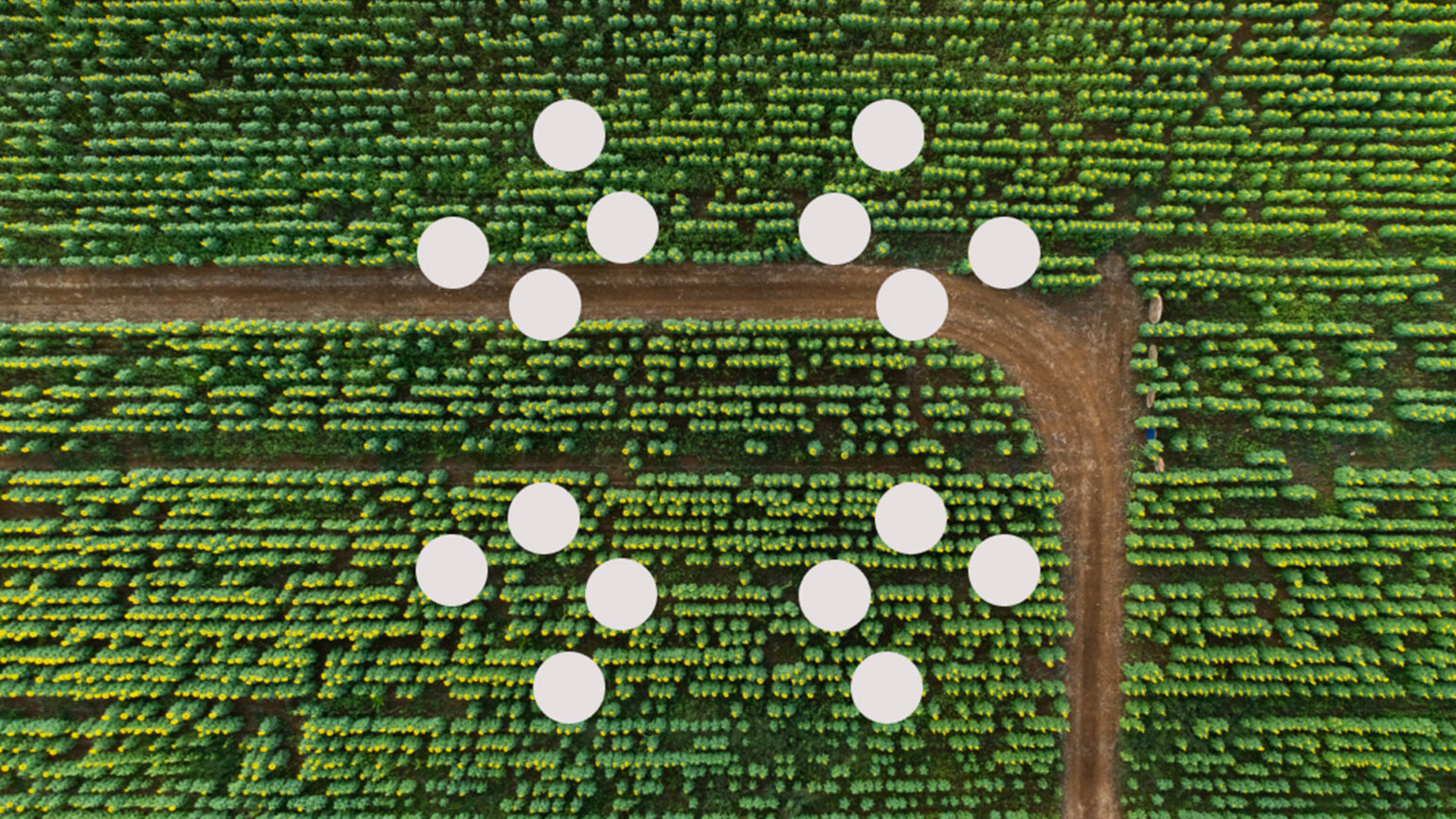In Short : Ecosapiens has introduced Polysapiens Free Mint, a carbon offset initiative. This platform allows users to mint carbon offsets for free, promoting environmental responsibility by encouraging widespread engagement in carbon offsetting and contributing to a more sustainable future.
In Detail : Real-world assets (RWAs)—things in the physical world that are tradable digitally on-chain—are one of the most intriguing applications for NFT technology, and one project is using them to save the planet.
At 10 a.m. ET on Jan. 10, Ecosapiens, an NFT platform that produces digital collectibles designed to offset carbon in a transparent way by using blockchain technology, launches “Polysapiens,” its latest series of carbon-capture digital art collectibles.
Created in partnership with Polygon Labs, Polysapiens is a free mint on Polygon. Taken as a whole, the collection represents 1000 tons of carbon dioxide removed from Earth’s atmosphere—arranged via ReSeed and a number of firms offering carbon credits tracked on-chain, including Andes.bio, Mangrove DAO, and Solid World mangrove restoration.
These firms prevent emissions or remove them from the atmosphere through a variety of methods, including restoration of mangrove ecosystems, regenerating arable soil, locking carbon dioxide into minerals, and supporting farming methods that minimize emissions.
To Ecosapiens founder and CEO Nihar Neelakanti, the use of blockchain technology is a significant step forward in solving problems around verifiability, efficacy, and transparency in the carbon offset space. “Leveraging the transparent, immutable nature of blockchain, NFTs solve this challenge and help users ensure that their carbon credits are contributing the level of impact promised,” he told nft now.
To Neelakanti, the combination of carbon offset and NFTs has the potential to engage many more people in the crucial project of combating global heating. “The Polysapien project is a case study for the vast potential of NFTs in mainstream applications. It highlights how blockchain can be instrumental in creating eco-friendly products in the real world while adding a layer of consumer interaction and community—which is a key goal of brands looking to not only make an impact but to signal it,” he said.
Polysapiens is an open-edition generative art project, following the launch of Celosapiens in the autumn of 2023. While Celosapiens, inspired by the forests of Kenya, is a dynamic, upgradable NFT collection designed to offset Celo Wallet’s annual carbon emissions, Polysapiens is an open-edition, generative art collection. Over forty thousand email addresses have registered for the Polysapiens waitlist, and each unique NFT will represent a mythical creature of the sea.
In-universe, the beings, which look like powerful, delicate natural spirits, have a special role in the lore of the broader Ecosapiens world. “Polysapiens have a remarkable ability to enact significant environmental transformations, including carbon sequestration on a massive scale, thanks to their polygonally structured biomineral epi-skeleton. This structure enables them to absorb light, microscopic organisms, and water, fueling its core bioreactor. These polymorphic beings can adapt to diverse environments, from ocean depths to plains, rejuvenating ecosystems using their hyper-polyps,” it says on the project’s minting page.
Just as Celosapiens offset a year of Celo’s carbon footprint, Polysapiens represent the offset of Polygon Labs’ scope 3 emissions in 2023. To offset these emissions, Polygon Labs chose, for a majority of partners, organizations who track their offsets on-chain. This strategy has broader policy import in the carbon offset industry; Polygon Labs is advocating that the Voluntary Carbon Market (VCM) adopts blockchain technologies more widely.
To Stefan Renton, sustainability lead at Polygon Labs, blockchain is a powerful tool to combat widespread global mistrust of the carbon offset industry—where pledges and claims about offsetting emissions are not always followed up by action. “There is often a lot of mistrust when it comes to reporting and accounting for sustainability commitments, so we chose to leverage the Ecosapiens platform to help our community engage in sustainability efforts with new standards of accountability,” he told us.
Since its founding, the Ecosapiens platform has offset over 4,000 tons of carbon and has put over 100,000 climate collectibles on-chain. With backers including Collab Currency, Boost Ventures, Slow Ventures, Menlo Ventures, and Charles River Ventures, Ecosapiens raised over $5 million in funds.
That’s because Ecosapiens’ drops are a crucial example demonstrating how NFTs are so much more than monkey pictures—they can represent and enact change in the real world. “We see a future where we leverage our technology to create ‘Eco-tickets’ for events and even carbon-neutral products with a tap or scan, each authenticated and made impactful through embedded carbon NFTs,” Neelakanti said.

